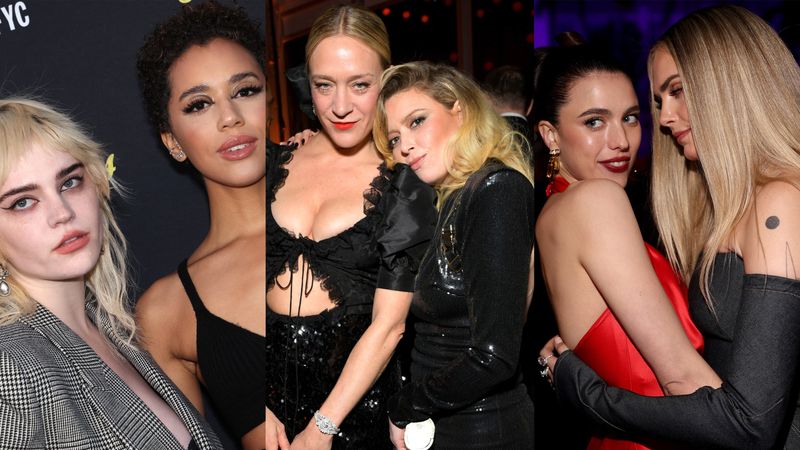Who she was: One of the preeminent American authors of the 20th century.
What she accomplished: McCullers (1917-1967) was the acclaimed author of fiction sometimes described as “Southern gothic,” tales of outsiders and misfits, told in a lyrical, sensitive style. A native of Columbus, Ga., she moved to New York City at age 17 to pursue a writing career. She had a huge critical and commercial success with her first novel, The Heart Is a Lonely Hunter, about a deaf and mute man in a small Southern town who becomes a magnet for lonely and isolated people who want to share their stories. It received widespread praise upon publication in June 1940. A New York Times reviewer wrote of the young author, “Reading her, one feels this girl is wrapped in knowledge which has roots beyond the span of her life and her experience.”
McCullers followed this with Reflections in a Golden Eye, published in Harper’s Bazaar in August 1940 and in book form the following year. It had a mixed reception, with some readers and critics being shocked by its depiction of repressed homosexuality on a military base. More popular were 1943’s The Ballad of the Sad Café, about a love triangle involving unusual characters in a small mill town, and 1946’s The Member of the Wedding, focusing on a lonely young girl whose brother is getting married. McCullers adapted the latter novel into a play, which was a major Broadway hit in 1950, giving her the biggest commercial success of her career. The play starred Julie Harris and Ethel Waters, who re-created their roles in the 1952 film version.
McCullers’s personal life was marked by love affairs with both men and women. She was married twice to James Reeves McCullers, who was also bisexual. He had a drinking problem, as did Carson, and was envious of her talent. In the early 1950s, while he and Carson were living in France, he tried to persuade her to commit suicide with him. She fled to the United States, but Reeves did eventually kill himself, in 1953 in Paris. Carson McCullers’s “deepest attachments,” according to scholar Jan Whitt, were to Reeves, composer David Diamond (who was in love with both the author and her husband), and Swiss writer Anne-marie Clarac-Schwarzenbach. In Whitt’s view, the complex romantic relationships in McCullers’s fiction are a reflection of her life.
The author was in poor health for much of her life. She had rheumatic fever as a child, and it was not properly treated, with the result that she had several strokes in adulthood. She died of a stroke in 1967 in Nyack, N.Y., which had been her primary home since the 1940s. Her body of work consists of five novels (the final one being Clock Without Hands, published in 1961), two plays, 20 short stories, numerous nonfiction pieces, a book of poetry for children, a small number of other poems, and an unfinished autobiography.
For more information: The Carson McCullers Center at Columbus State University in Georgia has an extensive website with a biography and bibliography. The center maintains an archive of materials related to McCullers and operates a museum in her childhood home. It also grants fellowships to writers and composers, who have the opportunity to stay in the home.
McCullers’s novels are still widely available, and there are film versions of The Heart Is a Lonely Hunter, The Ballad of the Sad Café, and Reflections in a Golden Eye, in addition to The Member of the Wedding. Biographies of McCullers include The Lonely Hunter: A Biography of Carson McCullers by Virginia Spencer Carr, published in 1975 and reprinted in 2003, and Carson McCullers: A Life by Josyane Savigneau, which came out in 2001. Her autobiography was published as Illumination and Night Glare: The Unfinished Autobiography of Carson McCullers in 1999.
Choice quote: “'My life has been almost completely filled with work and love, thank goodness. Work has not always been easy, nor has love, may I add.” — McCullers in Illumination and Night Glare






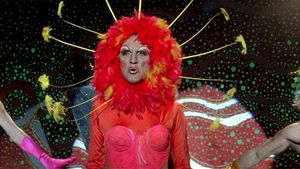












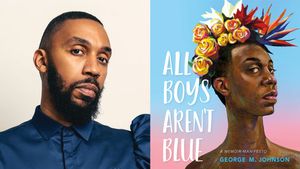







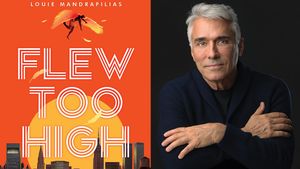






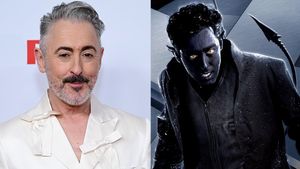



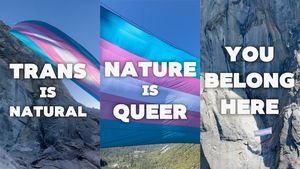




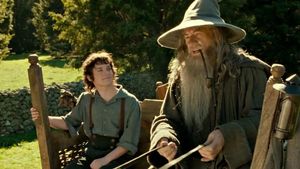




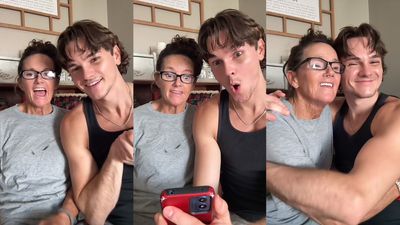
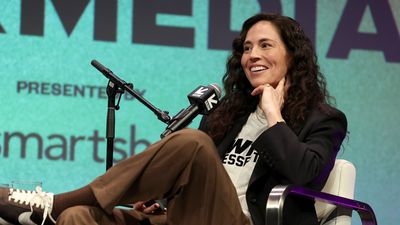
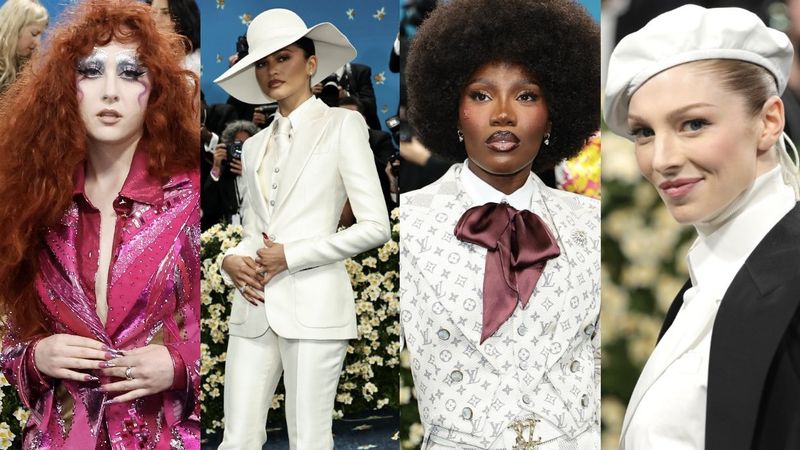




































 Cindy Ord/Getty Images
Cindy Ord/Getty Images










